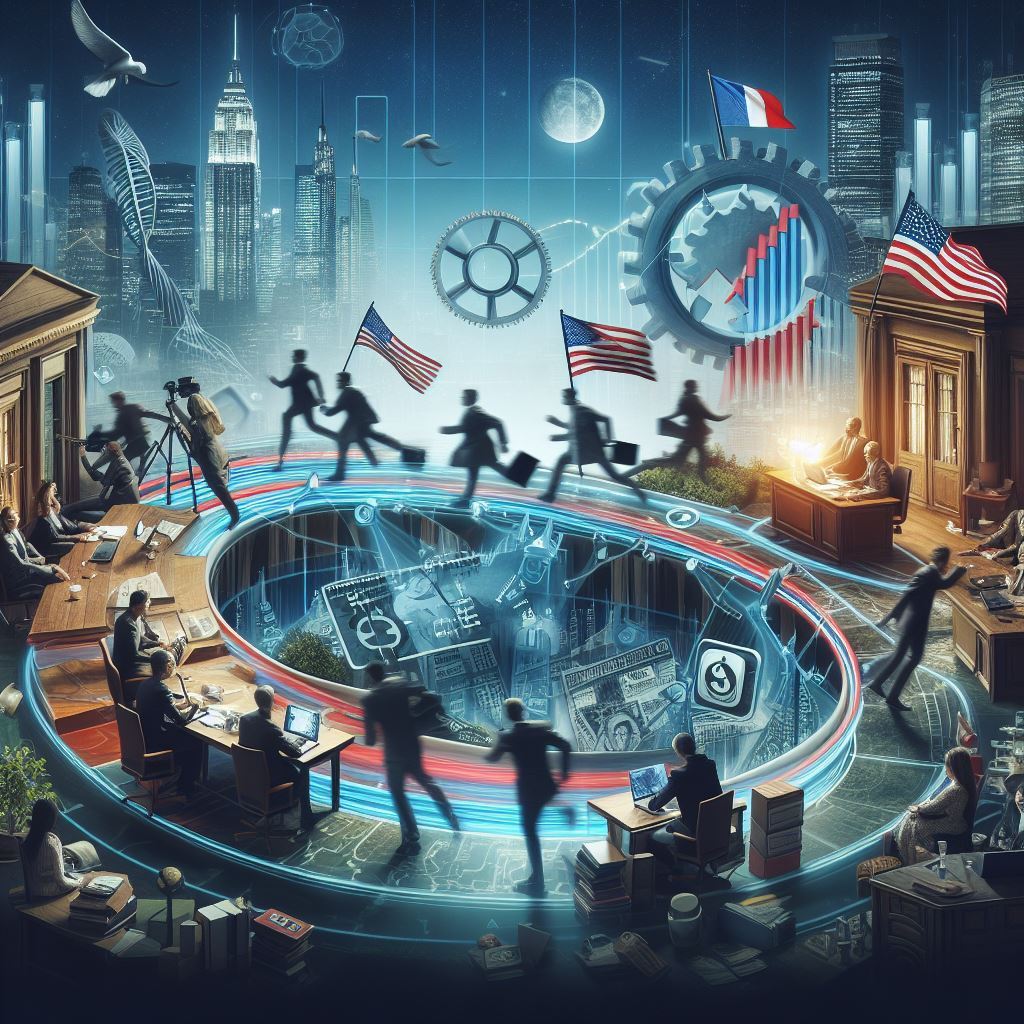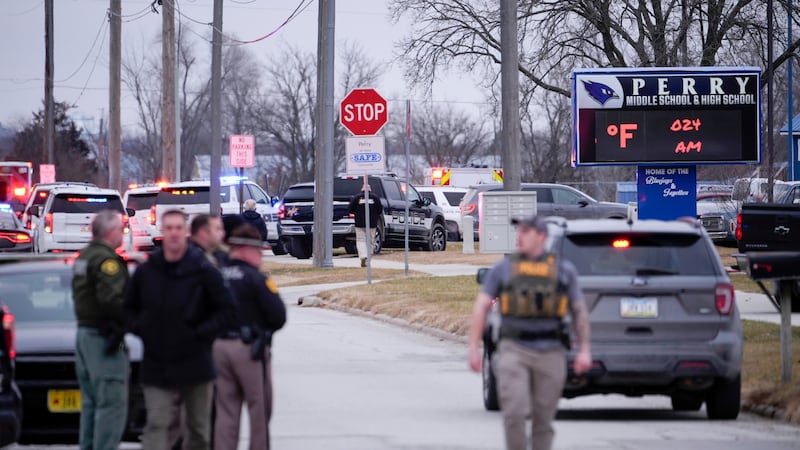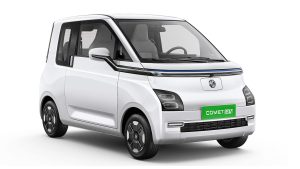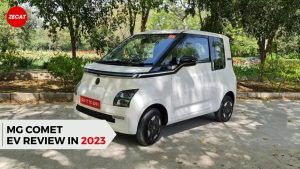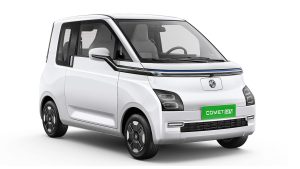Politics, the intricate web of power, governance, and societal organization, continues to undergo significant transformations in the 21st century. As the world becomes more interconnected and diverse, the political landscape adapts to new challenges and opportunities. This article explores the dynamics of modern politics, examining key trends, technological influences, and the evolving role of citizens in shaping political discourse.
1. Digital Revolution and Political Communication:
The digital revolution has revolutionized how political communication unfolds. Social media platforms provide unprecedented access to information, enabling politicians to engage directly with citizens. However, this shift also brings challenges, with misinformation and polarization becoming key concerns. The ability of information to spread rapidly has reshaped political campaigns, making online presence and communication strategies crucial for success.
2. Globalization and International Relations:
Globalization has interconnected nations in ways never seen before. The dynamics of international relations now involve intricate economic, social, and political networks. Multinational organizations, transnational issues, and global challenges like climate change and pandemics require collaborative efforts and diplomatic agility. The role of nations in the global arena is evolving, with soft power and cooperation gaining prominence alongside traditional power dynamics.
3. Rise of Populism and Nationalism:
In various parts of the world, there has been a noticeable rise in populism and nationalism. Political leaders often capitalize on sentiments of national identity and anti-establishment feelings. While this can energize certain segments of the population, it also raises concerns about the potential erosion of democratic institutions and the inclusivity of governance.
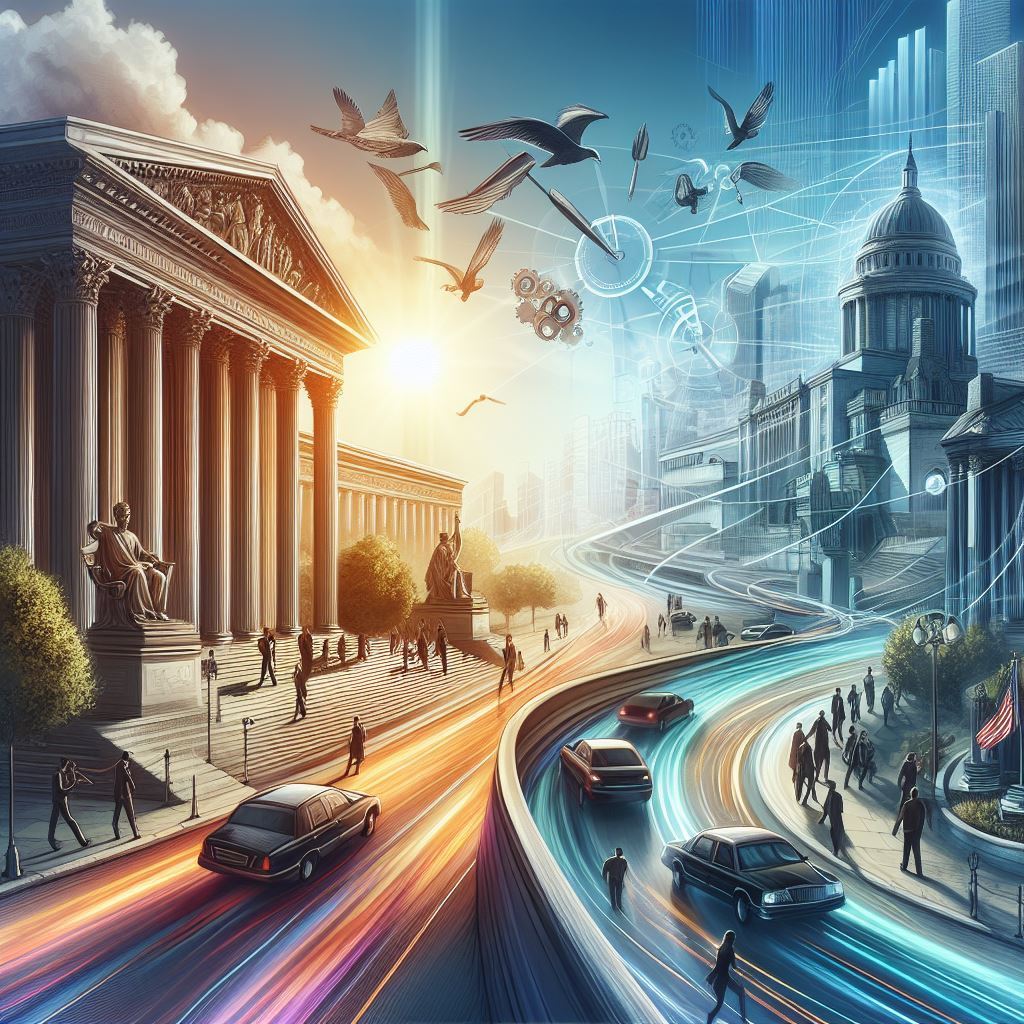
4. Social Movements and Political Activism:
Citizens are increasingly engaged in shaping political discourse through social movements and activism. From climate change protests to movements advocating for social justice, the power of collective action has proven to be a force for change. Social media acts as an amplifier, allowing grassroots movements to gain global attention and mobilize support for various causes.
5. Technological Challenges and Cybersecurity:
The integration of technology into political processes raises concerns about cybersecurity. Elections, government institutions, and political campaigns are vulnerable to cyber threats. Ensuring the integrity of electoral processes and safeguarding against cyber attacks have become critical aspects of modern political governance.
6. Evolving Notions of Democracy:
The concept of democracy is evolving as societies grapple with complex challenges. Questions about the role of technology in democratic processes, the balance between individual freedoms and collective well-being, and the inclusivity of political systems are at the forefront of political discussions. The ongoing dialogue aims to shape more resilient and adaptive democratic structures.
7. Climate Change and Environmental Politics:
Climate change has become a central theme in political discourse. Governments worldwide are under increasing pressure to adopt sustainable policies and address environmental challenges. The intersection of politics and environmental issues reflects a growing awareness of the need for global cooperation to tackle pressing ecological concerns.
Conclusion:
As we navigate the complexities of modern politics, it becomes evident that the landscape is continuously evolving. The intersection of technology, globalization, social movements, and environmental challenges requires innovative and adaptive political strategies. Citizens play a crucial role in shaping the direction of politics, and the ongoing dialogue about the future of governance remains central to creating a more inclusive, resilient, and responsive political landscape.

